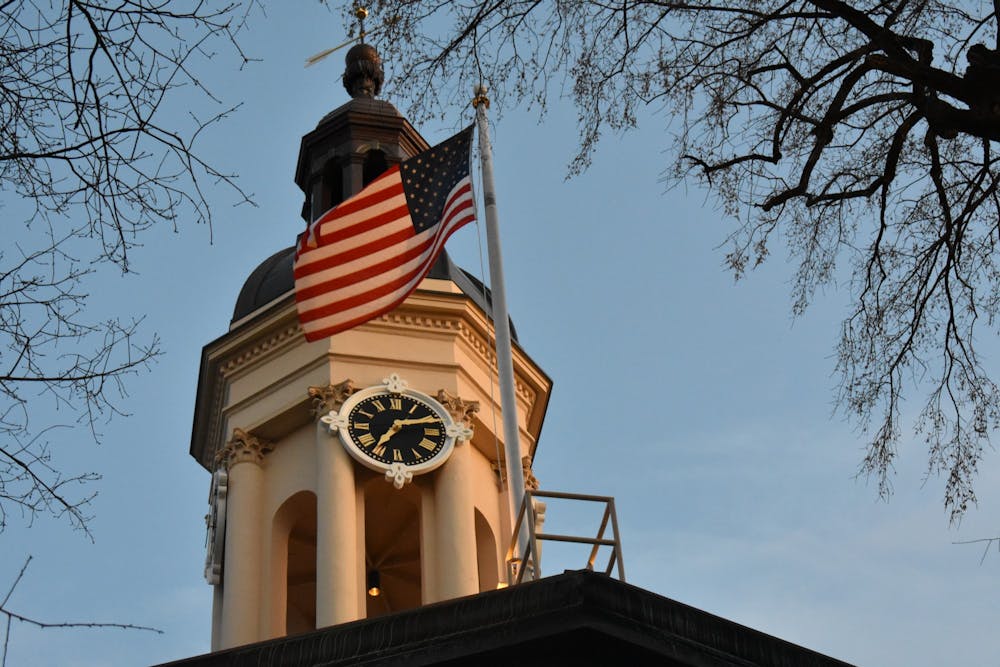To the Editor:
The opinion piece written by Yejin Suh ’25 in The Daily Princetonian, “3.98 percent a year later: reflecting on the rat race of college admissions,” makes some excellent points — namely that students must commodify their passions to succeed in the “admissions game.” However, I respectfully suggest it should be read together with Stanford junior Sophie Callcott’s guest essay in the New York Times, “There’s Still One Big Trick for Getting Into an Elite College,” which makes the point that access to elite colleges is still heavily tilted towards those who were able to attend elite private schools.
Of course it is an undeniable fact that it’s a “rat race” for college-bound high school students to gain admission to elite universities like Princeton and Stanford. Moreover, the competition for such coveted admissions and the accompanying pressure it puts upon high school students seem to be worsening every year. And yes, succumbing to the “rat race” can rob young students of their passions as Suh has described so well.
Yet as hard and emotionally painful as it is to get into a college like Princeton, it can be harder and more painful mentally for America’s economically and educationally disadvantaged high school students to realize they will be left behind before that “rat race” even begins. It’s one thing to have to deal with the competitive pressures of a “rat race” to the top, it's quite another to deal with the reality that you will never likely have an opportunity to even be in that race.
Those who have never been afforded the opportunities of an elite private school education or been able to participate in the kinds of impressive extracurricular activities that burnish the college applications of students from wealthy families, are relegated to the sidelines of the “rat race,” which, if you win, leads to academic, financial, creative, and political success. The fact that so few “rat racers” drop out of the race speaks volumes to its importance in American life.
In any event, it has become clear to me over the past 72 years that those who still believe America is a nation with equal rights and privileges for all to enjoy, or that America is a meritocracy, are deluded or brainwashed. Students like Suh and Callcott who attend elite universities will very likely end up doing well in their own lives after they graduate. I hope they and other Princeton and Stanford graduates do not end up as more hedge fund managers, private equity investors, and Wall Street lawyers and bankers, as so many of my daughter’s former Princeton classmates very likely have.
Jamie Nichols is a parent of a member of the Class of 2002. For information on how to submit a Letter to the Editor to the Opinion Section, click here.








